Diabetic on the Margin: Gloria
“We live in a world where people of color are too easily and conveniently forgotten. For me, having the opportunity to join two other women of color living with type 1 diabetes, and show the world that we do matter was euphoric.”—Gloria, T1D for 21 years
These passages were shared with me by Gloria, and edited for length and clarity. Photography by Alfred Sarpeh of Royal Light Photography.
Diagnosis Story
I was diagnosed with type 1 diabetes on December 12, 1997. Before my diagnosis, I remember frequent urination, excessive hunger and thirst. I also began wetting the bed again, which concerned my mother. According to her, I was eating twice as much as my thirteen year-old brother (I was five at the time). I was brought into the doctor’s office and a rapid urine analysis was done. Two hours later, my mother received a call from my doctor and she took me to the hospital right away. I remember seeing the fear and worry on her face. Though I had no clue what was going on, I knew that it was serious. When we arrived, my parents were taken into a conference room, while a nurse ushered me into a playroom and distracted me with Rufus, the teddy bear with diabetes. My mother’s first response to being told her child had type 1 diabetes, was “what surgery or medication does she need?” That’s when she was informed that there was no cure for this disease. “It’s manageable”, they said. My mother replayed the words, “your daughter has type 1”, over and over in her head. She was confused, because at that time she associated diabetes with being overweight and elderly. Over the next few days, my nurse educator taught my parents how to check my glucose levels, calculate insulin, and create a diet plan. The last proved to be the most difficult. Many of the pediatric endocrinologists and nurses were not familiar with West African cuisine and recommended that most of our foods be cut from my diet (talk about a major change.). Initially, because I was receiving a lot of attention from my parents, there was tension amongst my siblings. My mom would also buy food items exclusively for me. As time went on however, my siblings understood the importance of this differential treatment. My initial T1D diagnosis was more of a challenge for my parents than it was for me. I was too young to understand the implications of this disease.
What did participating in this project mean to you?
Participation in this project was monumental for many reasons. The first and biggest, is that the voices of type 1 diabetics of color were finally being heard and paid attention to. We live in a world where people of color are too easily and conveniently forgotten. For me, having the opportunity to join two other women of color living with type 1 diabetes, and show the world that we do matter was euphoric. The diabetes clinic that I went to after diagnosis had one other Black type 1 diabetic that was a patient there. After diagnosis, my mother went to support groups to build a strong network of parents who faced the shared struggle of raising a child with type 1 diabetes. However, she was treated as an outsider amongst a group whose sole purpose was to provide support. She felt alone in her fight for my life. As I began to get older, I shared the same sentiments. There was no one who understood where I was coming from as a Nigerian or as a black person having type 1 diabetes. Knowing that this project has the potential to reach other children and adults of color with diabetes, means the world to me. We are showing them that there’s strength in numbers, that they are not alone in their fight as people of color with diabetes.
What value (if any) do you see in connecting in real life with other diabetics (especially those of color?)
There is undeniably great value in connecting in real life with other diabetics. There are commonalities in the battles we are fighting, and many times venting and talking to others who “just get it” is very therapeutic. I have a strong support system amongst my family and friends, but none of them truly know what I face as a type 1 diabetic. Having a network of other diabetics is very important, and also needed.
Not to dismiss the general struggles of type 1 diabetics, but there is no denying that being a woman, and one of color adds to and complicates the burden of living with type one. Culture unquestionably plays a role in diabetes management, both implicitly and explicitly. It can negatively impact the management of diabetes. In many black cultures, including Nigerian culture, openly and publically talking about, or displaying any medical ailment is taboo. Because of that, there were many times I would not take care of myself in a timely fashion as I didn’t want others to see that there was something “wrong” with me. When I was still on multiple daily injections and if people were around, I would wait until I got home to correct a blood sugar or give a bolus for food I had eaten earlier. I remember being 10/11 at diabetes camp and explaining to my friends how I would normally wait to correct in private as I was not supposed to show others I was diabetic. After I explained this, other campers looked confused and rushed me with questions and comments. One even said, “that’s the dumbest thing I’ve ever heard, your parents must really not care about you.” At the time, I did not know how to further explain the cultural taboo associated with this disease. I just knew she would never understand. There was no other camper who looked like me that I could turn to for refuge or to validate what I said. That day, I completely shut down and was miserable for the remainder of the camp session.
There is a kind of comfort one gets when with others who truly understand, especially when they understand what it means to be marginalized. As a woman, a Black woman, and lastly as a Black woman with type 1 diabetes, meeting other people of color with this disease adds so much value to my life. I don’t feel alone or ostracized.

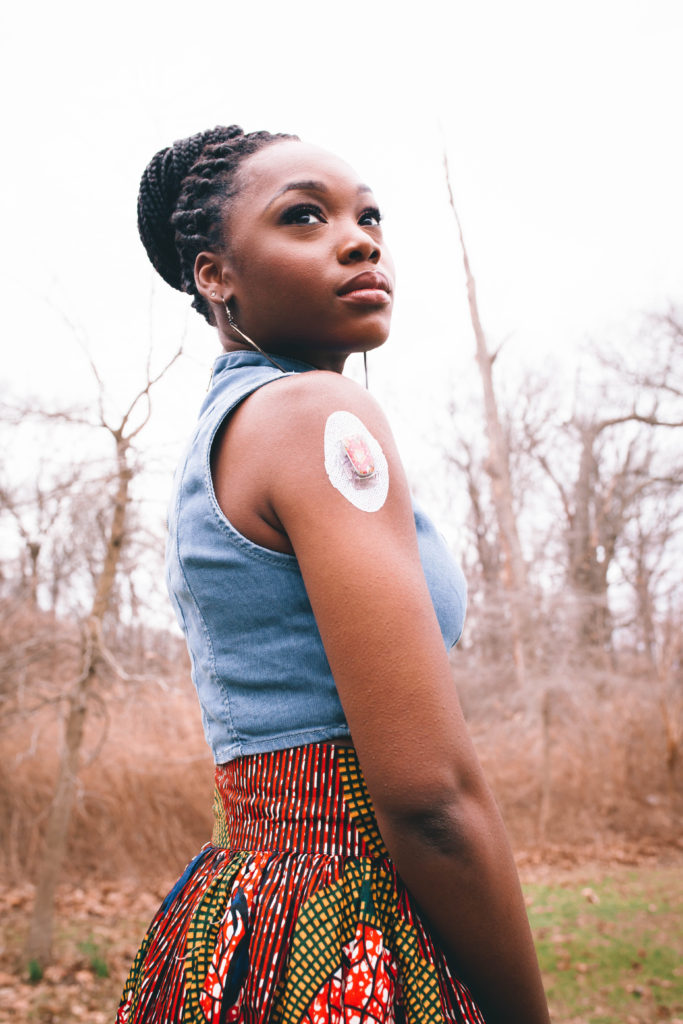
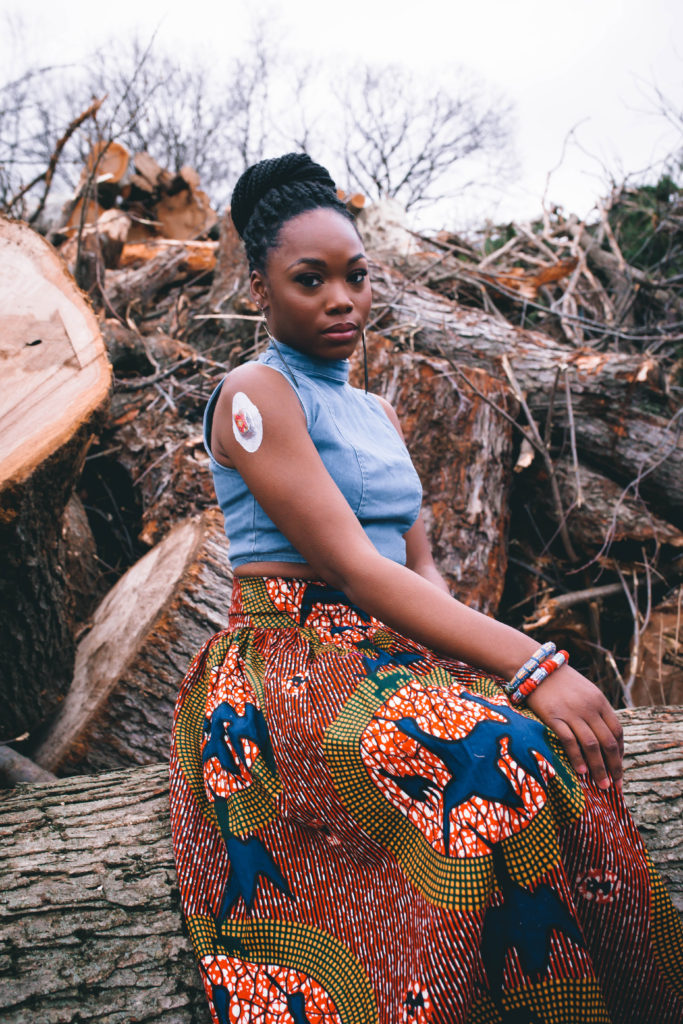
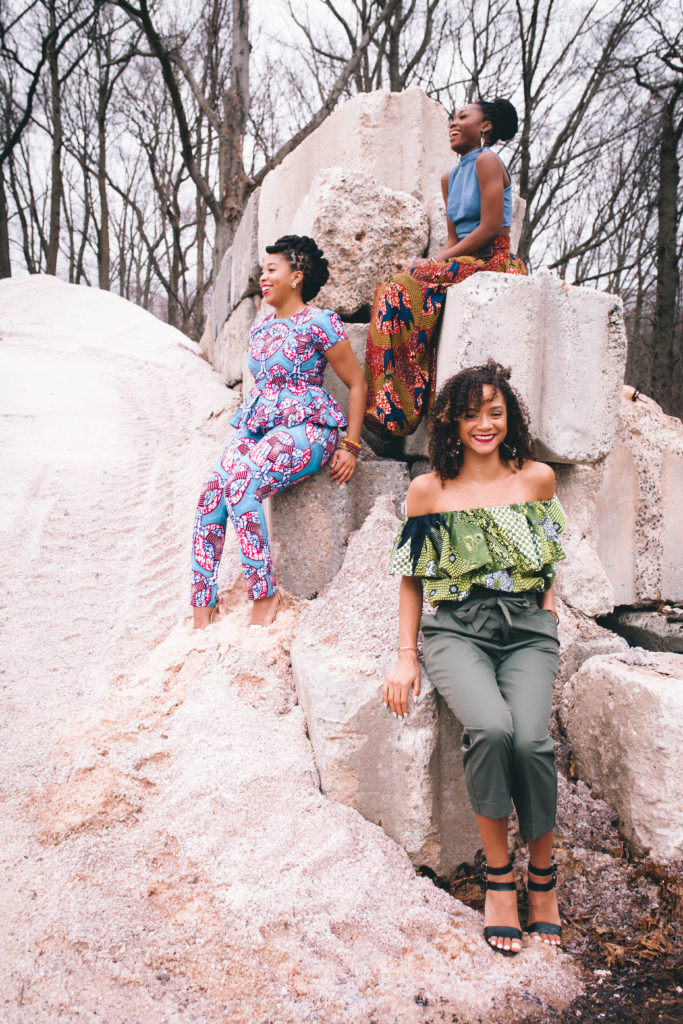
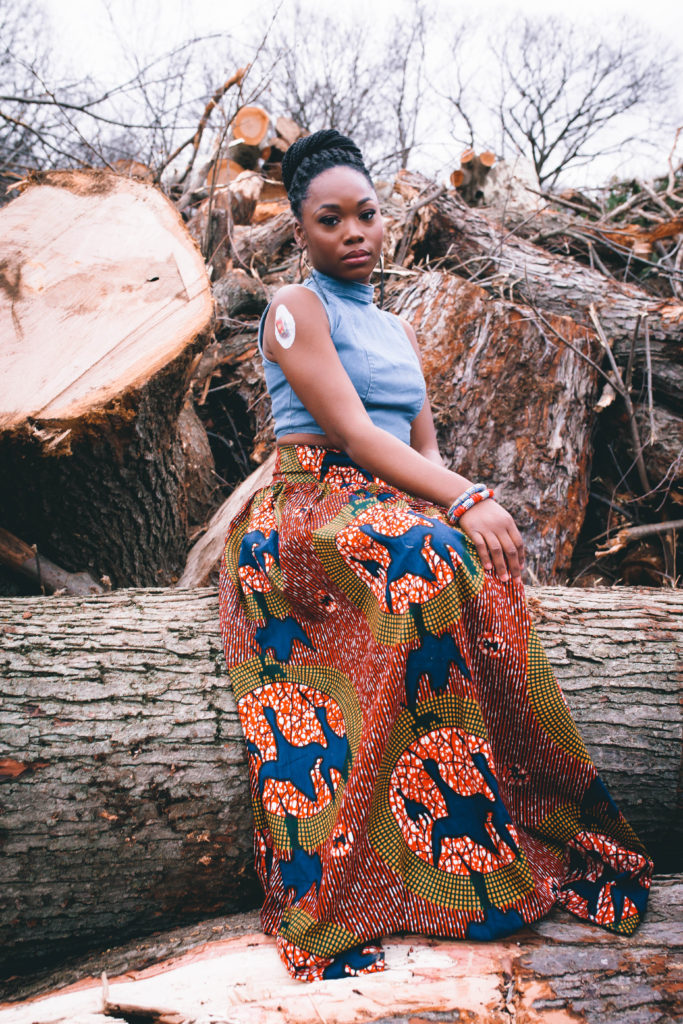
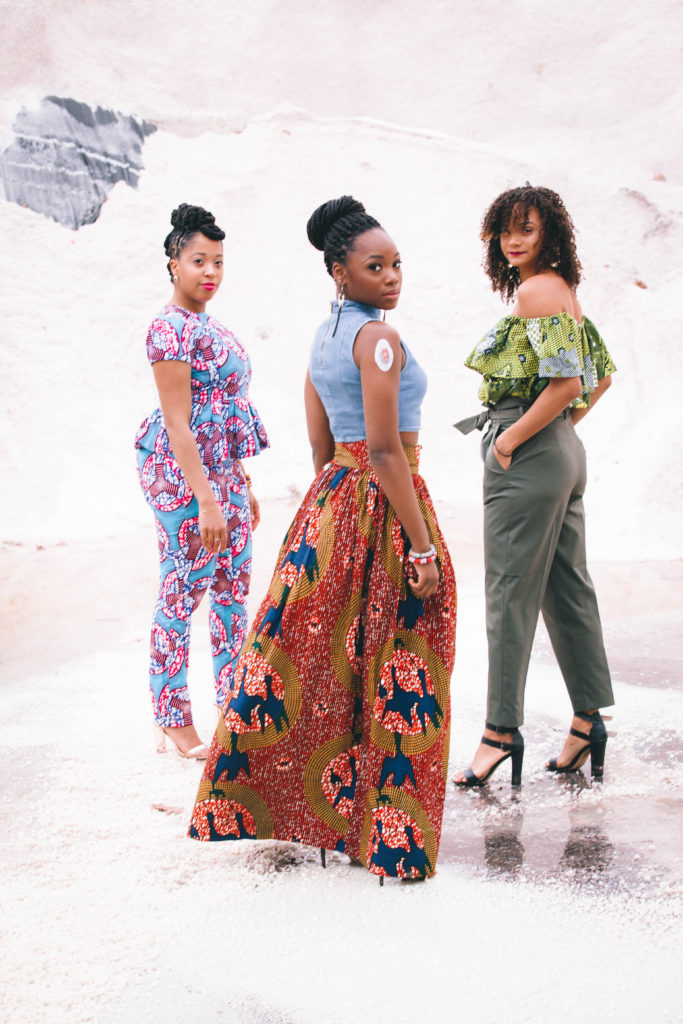
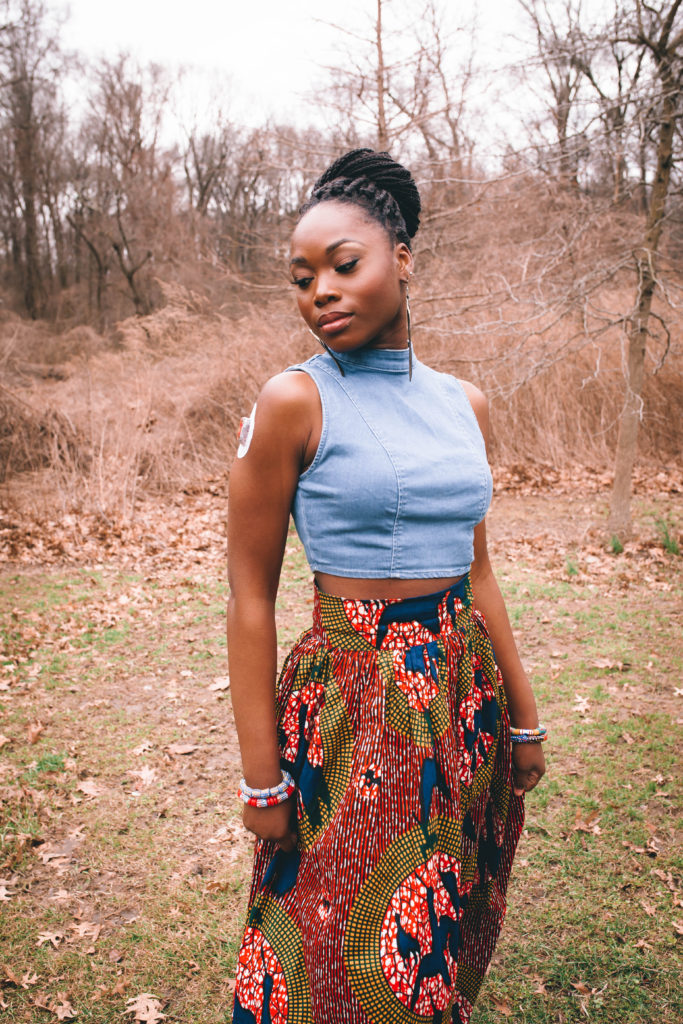
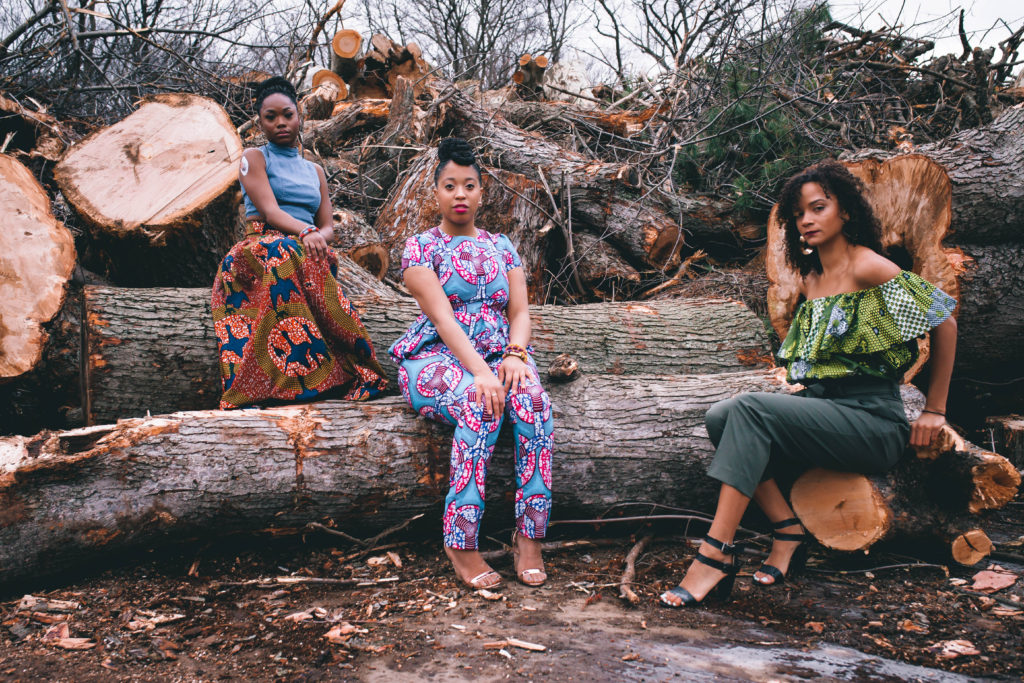
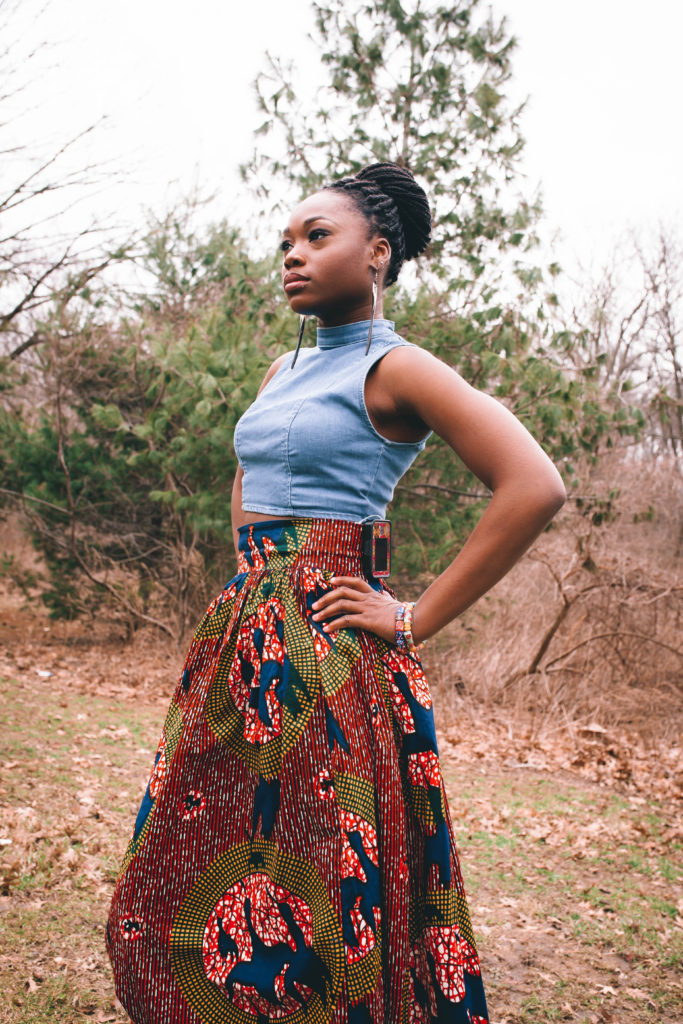
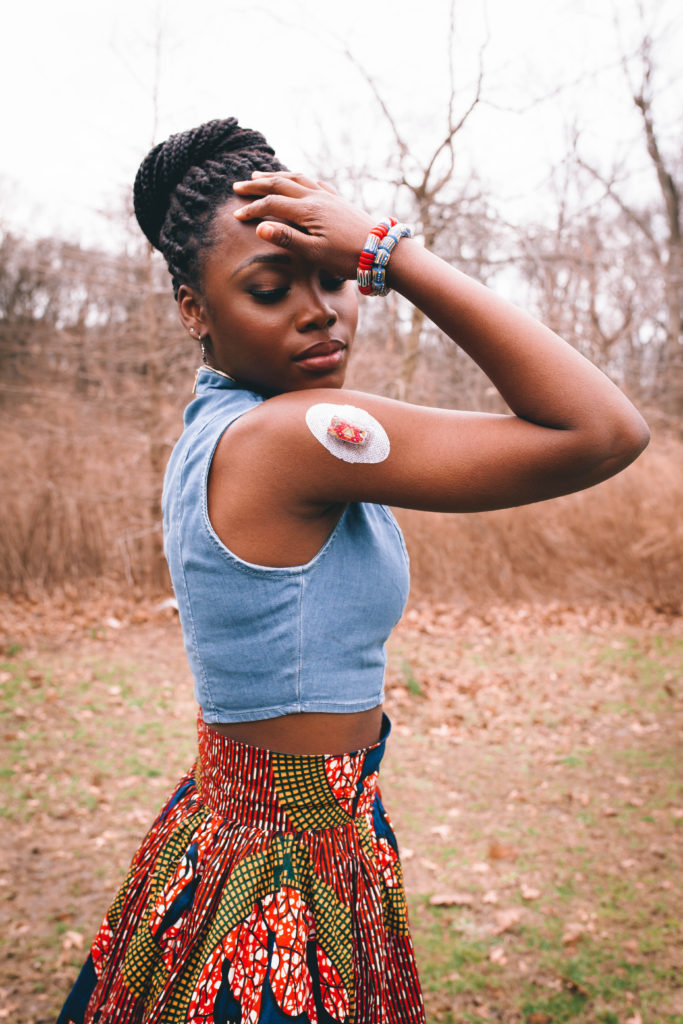
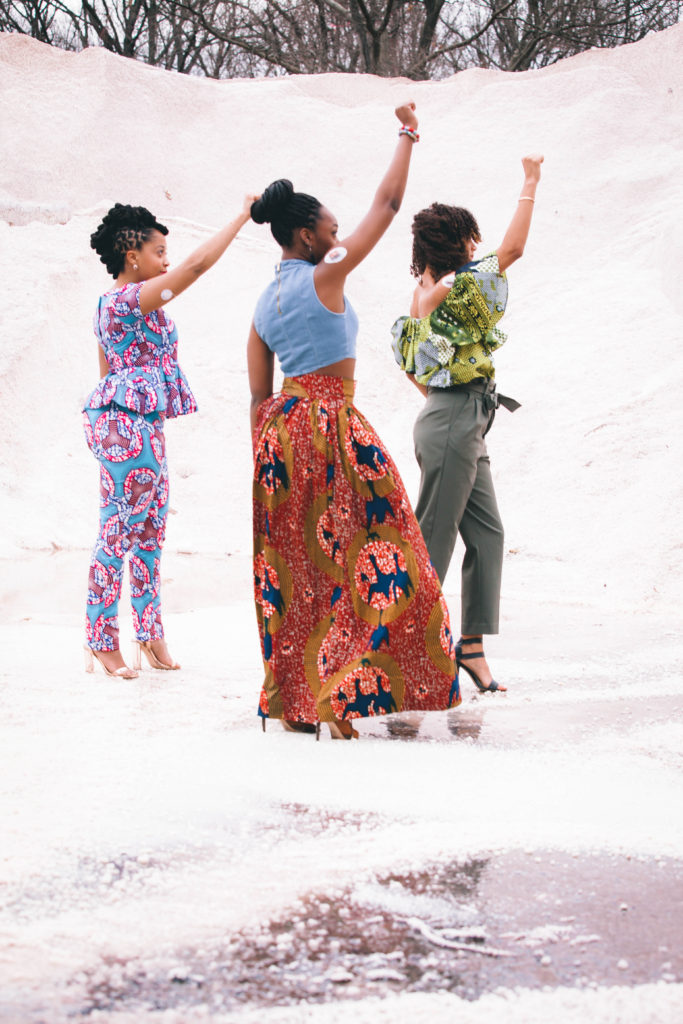
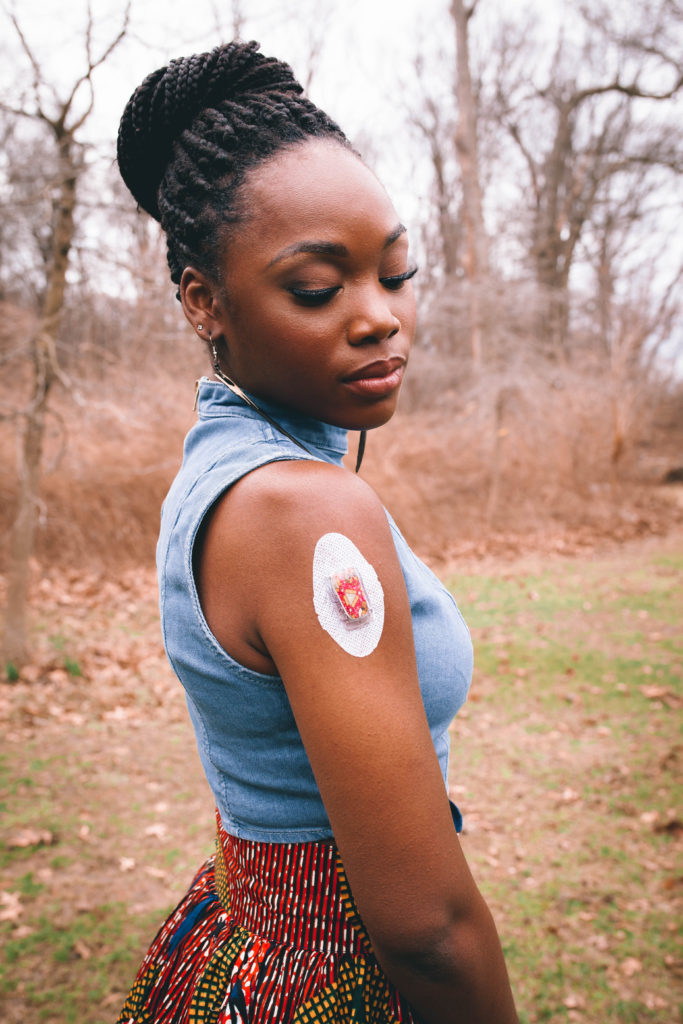
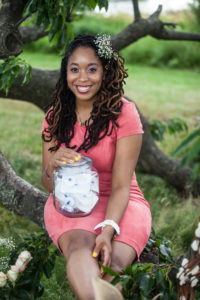
So many similarities between this story and events I’ve expierenced too. Great read. Thank you for sharing.
Glad you can relate!